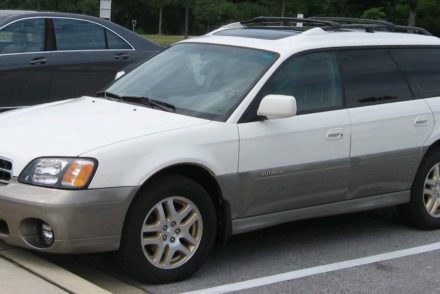Many of us have become accustomed to living from pay check to pay check; however, there are millions of people who have broken free from the rut and you can too. Living pay check to pay check means you’re one pay check from living without electricity, gas, a home and a car. It’s a worst-case scenario that could happen if you don’t improve your financial situation. Here are 10 ways to break free and increase your income stream.
Recognising you have a problem and dealing with it: The first step to getting out of the rut is recognising you’re stuck in a cycle of your own creation. Go online and read through the experiences of individuals who were in a similar situation but turned their life around. It offers insight on what you’re doing wrong and a few ways to change.
Live below your means: Review your credit card statements, bank statements and receipts. What are you spending every month? Can you cut back on miscellaneous expenses such as eating out and partying with friends? Compare your expenses with your income; if your outgoings are more than your income then it’s time to cut back.
Don’t shop for the sake of it: When you go out with friends, it’s tempting to buy a dress or an item you didn’t plan for during an impromptu shopping trip. Shopping for fun is a costly action. The best option is to stay away if you know your friends always end up in a store when you hang out.
Stop using credit cards and get out of debt: You won’t get your finances in order until you’re out of debt. Debt eats into your monthly pay check, leaving you with little for anything else. You also need to stop using your credit card while you’re paying off your debt. Avoid taking out any loans while you’re at it.
Spend Wisely: When making purchases, try to find the best deals, keep track of all your spending with virtual financial assistants as well as using cashback sites.
Make savings automatic: Planning to save after your expenses mean you will never save. Whether you’re saving for retirement or emergency funds, the money should come first before your spending. Savings should be automatically deducted from your checking account or ask your bank to deduct the funds to your 401 (k) plan automatically.
Increase your income: Another way to cut back on expenses is to increase your income. Get a part-time job or a freelance work online. Sell off household items you don’t need. All the extra income should go towards paying off your debt and you could quit your second job when you’ve finished paying off your debt.
Conclusion
Don’t rely on regular bonuses to cover your living expenses. Instead use it to speed up your debt payment or increase your emergency fund. The emergency fund is how to get out of the cycle of living from pay check to pay check in the long-term. Set a budget that caters to your expenses, insurance premiums, loan and car payments.



